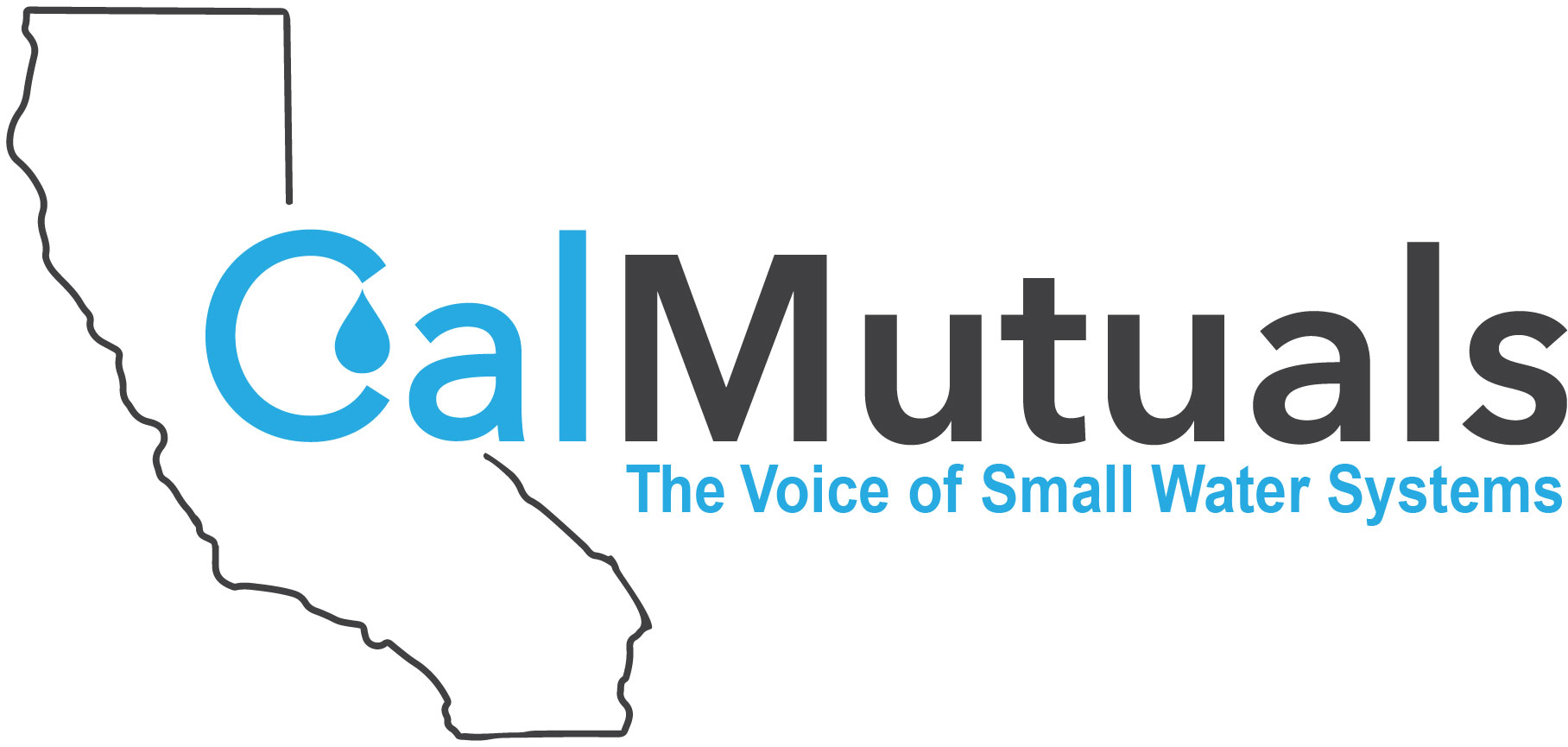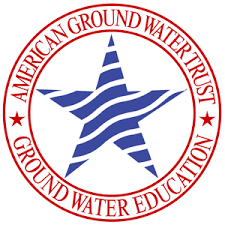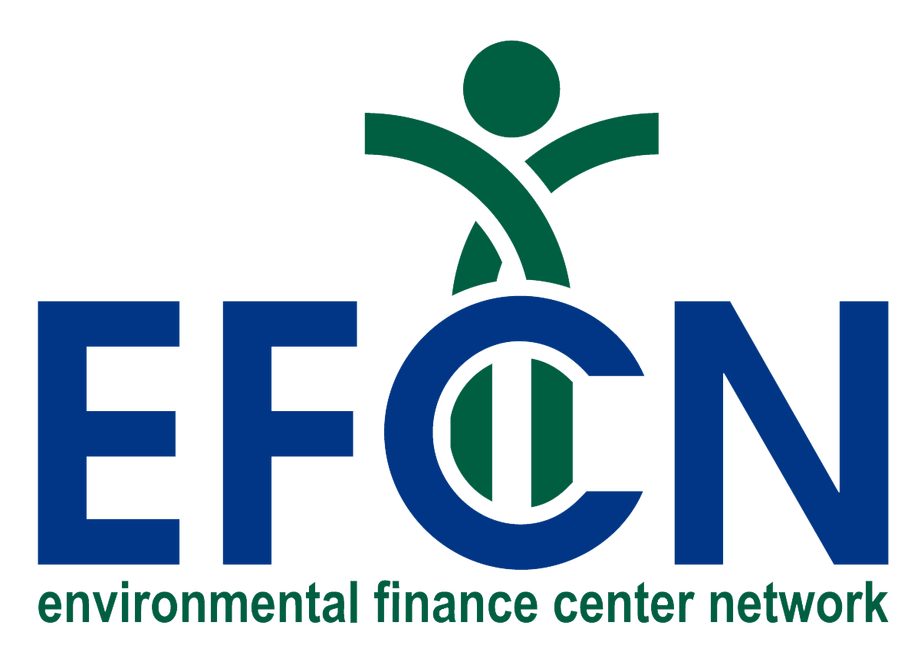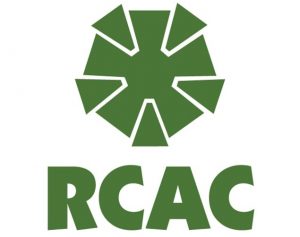American Ground Water Trust | Water Well & Pumping Technology Workshop
The Centre at Sycamore Plaza 5000 Clarke Avenue, Lakewood, CA, United StatesRegister to attend and learn about the latest practical, cost-effective solutions to achieve maximum water yield from wells. Presenters will discuss how to maximize the economic return on pumped groundwater by correct pump selection, well operation and use of real-time data to effectively match well pumping to aquifer conditions and water demands Water Well & Pumping Technology Workshop Program & Registration (click here) See the Program Details for presentation schedule, presenter and topics and also register online. Register to attend both workshops and the 2nd workshop is 40% off the registration price! Continental breakfast, snacks and lunch included in price of registration. Continuing Education Approval for CA Drinking Water Operators - 6.5 Hours Approved for CA Water Well Drillers & Pump Installation Contractors - 6.5 Hours Pending approval by IA for Agricultural Irrigation Specialists & Irrigation Designers Certificate of Attendance available for all professions upon completion of CE Form Workshop Presenter Professional Bios Meet the workshop presenters! Workshop Sponsor and Exhibit Opportunities Join our current supporters and exhibitors and promote your organization at this event! Workshop Sponsors:



